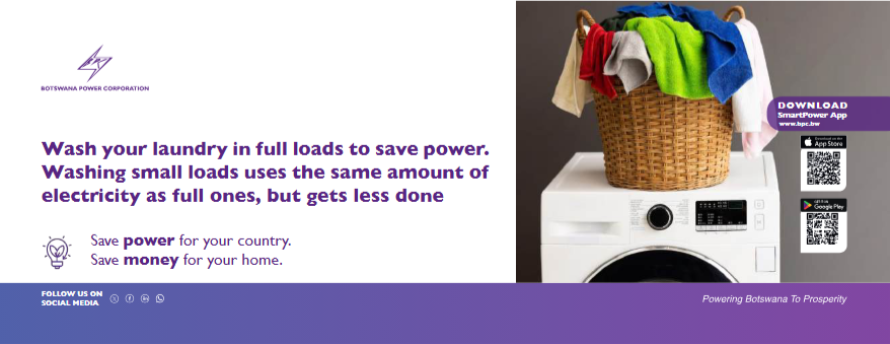RUBBY CUP- ANSWER TO A WOMAN’S CRY
For many women, menstruation days can be the most uncomfortable days of the month.
Worries of leaks, cramps, body weakness, odour and which sanitary product best suits one’s needs arise.
Unfortunately for millions of girls and women in third world countries period days are a nightmare simply because the availability and cost of sanitary pads is beyond reach and keeps them from leading normal lives.
For Janine Naicker a mother of four young children, her life has been forever “revolutionised” since she discovered the “Ruby Cup.”
“My menstruation has been heavy since the birth of my fourth child. And locally available pads or tampons were not efficient for my heavy bleeding. So I started searching on the internet for some alternative products”, shares Naicker, the sole distributor of the Rubby Cup from Germany.
“I came across 11 or 12 recyclable menstrual cups! All reusable, medically proven to be safe and all made from silicon. But I chose the German made Ruby cup because it has initiative to create awareness and donate a cup to young girls out there,” said Naicker.
The young mother who home schools her children further noted that since she started using the Ruby cup, words cannot express the freedom, comfort, confidence she has been enjoying.
“It is fantastic,” she quipped and went on to highlight that the re usable cup needs only to be changed after 12 hours.
Explaining how its used she said, “It absorbs blood. You simply go into the toilet empty the cup, rinse and re insert.”
Unlike sanitary pads and tampons readily available in retail outlets, the silicon menstrual cup does not disturb or suck up the healthy bacteria inside a woman’s organ.
It also does not disturb the vaginal PH balance.
“ Pads and tampons are some of the causes of the increased incidents of vaginal thrush and infections. The cotton in pads is treated with pesticides, bleached and a lot of chemicals are used to sterilise these sanitary products”, alleged Naicker.
“The gel in the pads is harmful too,” she said.
Apart from saving thousands of pulas and the health benefits; Naicker says the sanitary towels and tampons are not environmentally friendly either.
“They aren’t recyclable or bio degradable. So pads and tampons fill up our landfills. It takes 500 years for a tampon to disintegrate, “she exclaimed.
She says on average a woman uses between P12 000 and P14 000 on sanitary pads during her life time.
“Whereas the cup costs P450 and lasts for 10 years. So you spend only P45 per year! “















